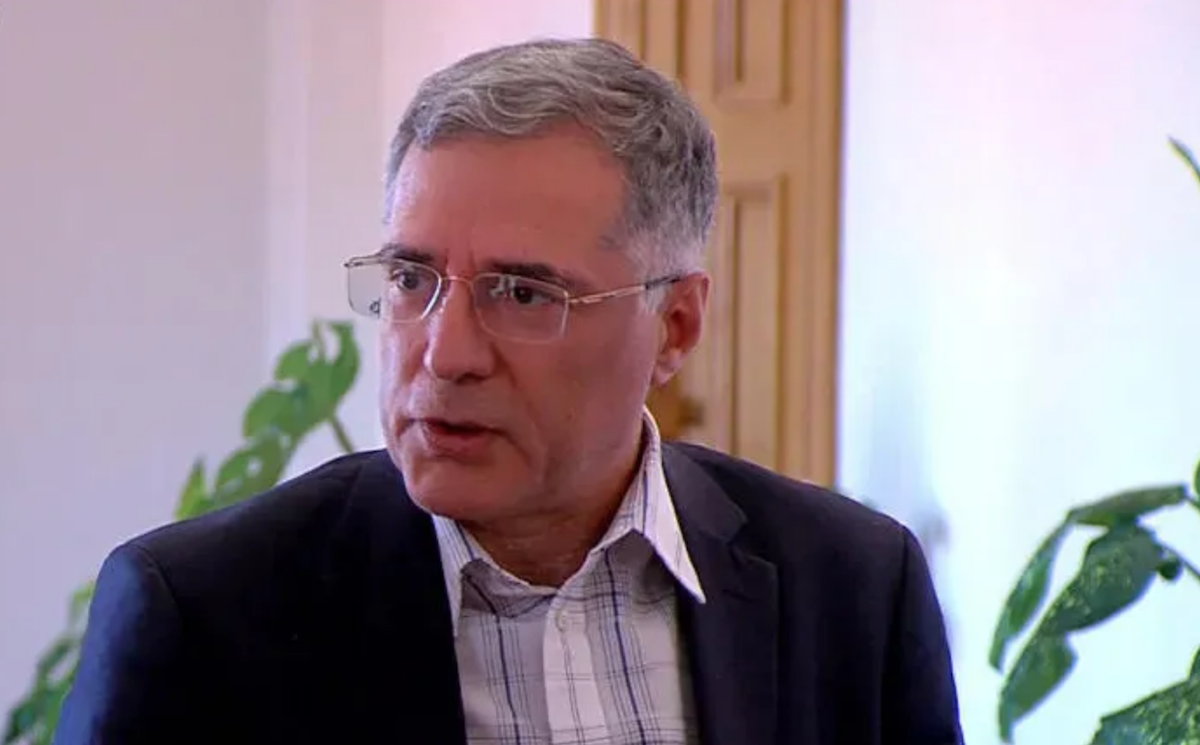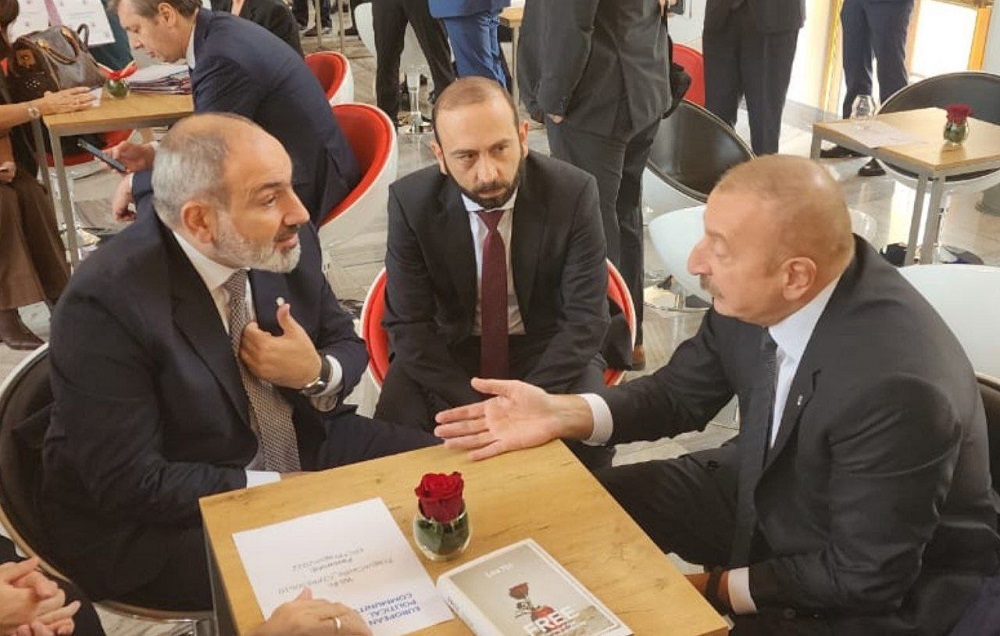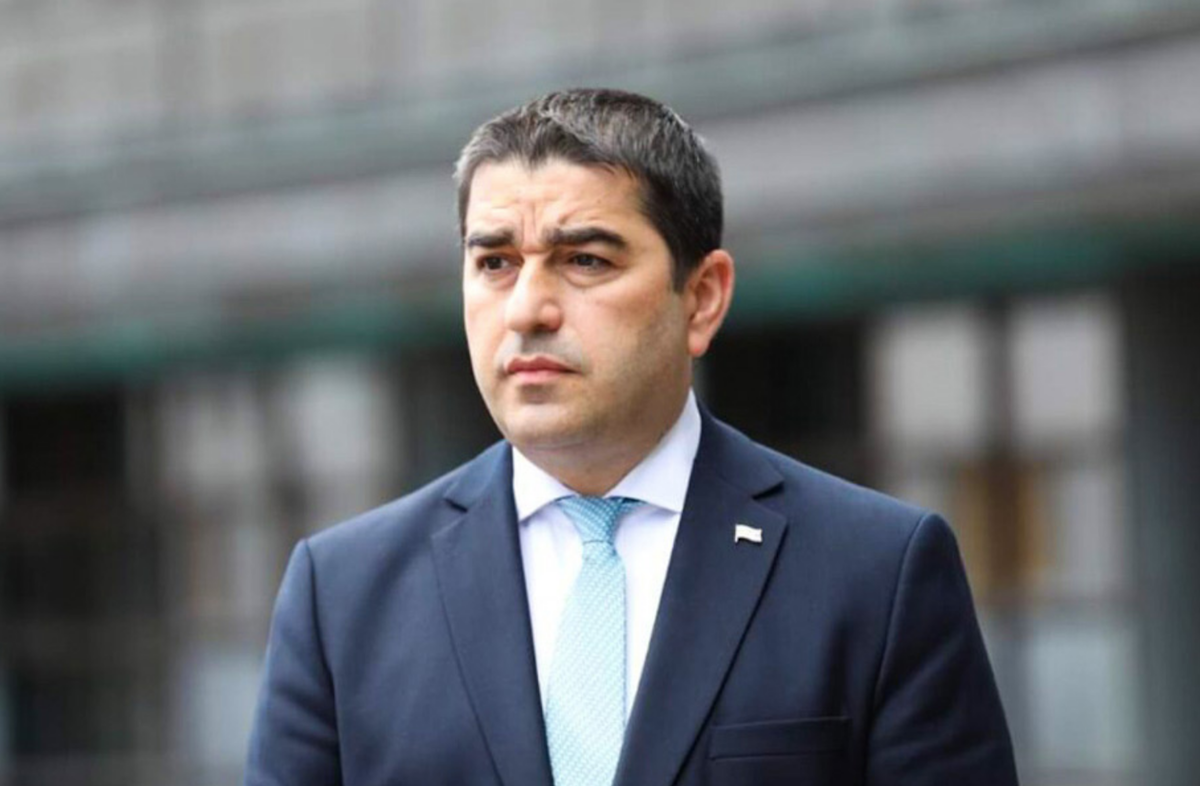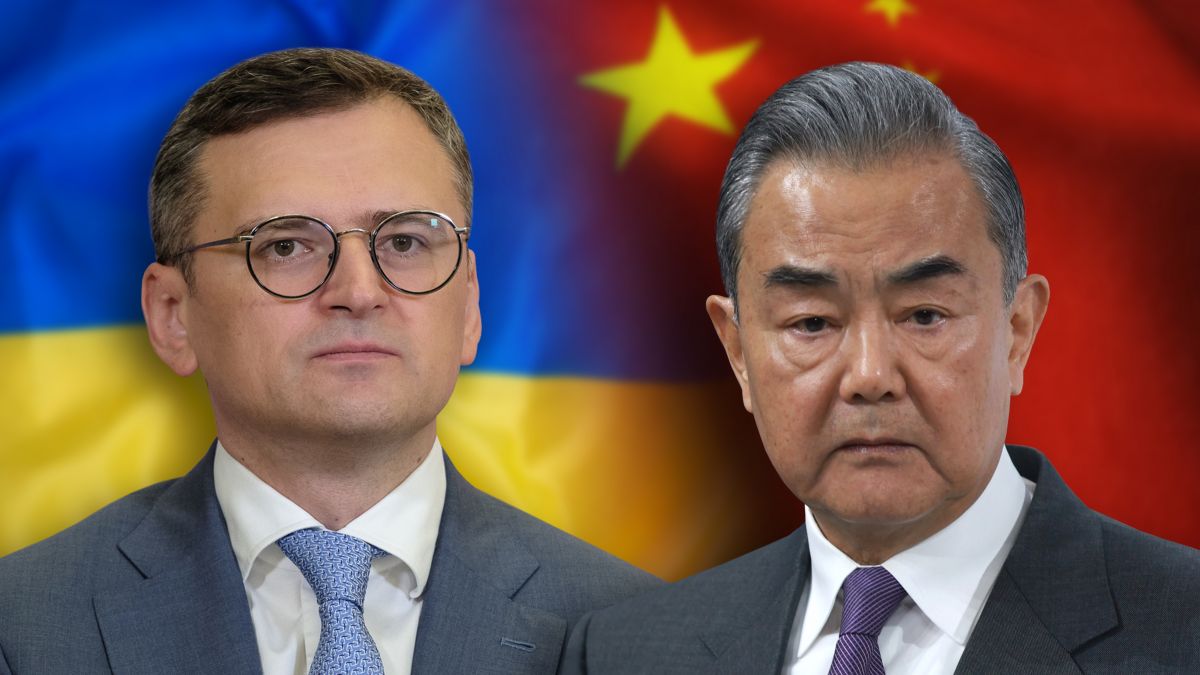Has Russia chosen a favourite in the Abkhaz presidential elections?
Abkhaz President Raul Khajimba and Russian President Vladimir Putin met in Sochi yesterday on August 6, where they spoke about Russian-Abkhaz cooperation, but the most important item on the agenda was: the presidential elections in Abkhaz slated for August 25.
“Our meeting is taking place on the eve of the elections in Abkhazia, and I very much hope that they will be held in strict accordance with democratic principles and will contribute to the further stabilisation of the republic, both in terms of the economy, but also democracy”, Putin said.

The head of Russia did not officially state the Kremlin’s preferences, but the fact that this meeting took place on the eve of the elections is perceived by the expert community as Moscow’s unofficial support for Khajimba’s candidacy for a second term.
In addition, it is worth considering the long-standing friendship between the two politicians.
Even during the 2004 presidential election, Vladimir Putin openly supported the candidacy of the then-Prime Minister of Abkhazia, Raul Khajimba. His open support resulted in a serious political crisis, as the election was won by the wrong candidate, who was not supported by Moscow – Sergey Bagapsh.
Given the results of the election were not recognised by Raul Khadjimba, the republic was on the verge of a serious civil confrontation.
The crisis was overcome with a compromise, according to which new elections were announced in the country, with Bagapsh running for president, and Khajimba for vice president.
Raul Khajimba has nine competitors in the current election.
Despite Putin’s long-standing sympathies for Khajimba, all candidates are a priori loyal to the Kremlin and, accordingly, are negotiable. Most likely that is why there is no overt support from Raul Khajimba from Moscow.
It is difficult to say how important the Kremlin’s support for one candidate or another is for the average Abkhaz voter. But supporters of the current government will probably use this meeting as an argument in favor of continuing the current course.



















